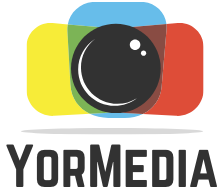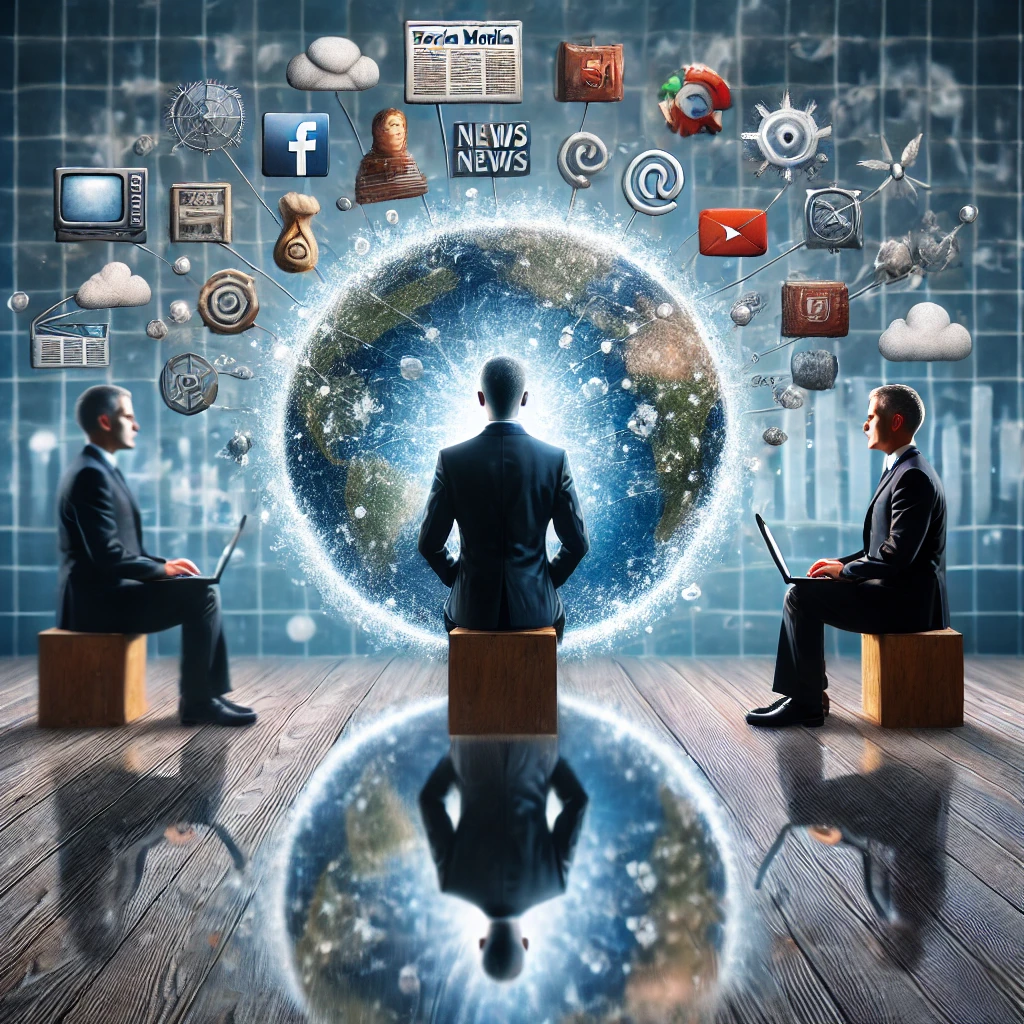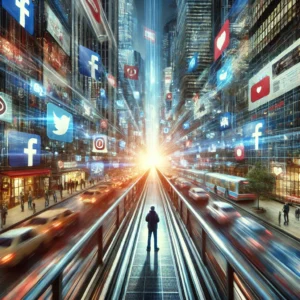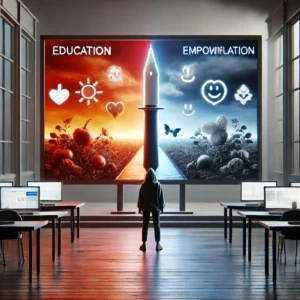Media isn’t just something we consume; it’s a powerful force that shapes our perceptions, influences our beliefs, and even dictates our behaviors. We live in a world saturated with media, from the traditional print and broadcast formats to the ever-expanding digital universe. Understanding the profound impact of media on our individual and collective consciousness is crucial in today’s interconnected world.
Think about it: our understanding of the world beyond our immediate experience is largely constructed by the media we consume. News reports inform us about current events, documentaries introduce us to different cultures, and fictional narratives transport us to other times and places. This constant stream of information, whether consciously or unconsciously absorbed, contributes to our mental models of reality.
But the media doesn’t just reflect reality; it often frames it. The way a story is presented, the language used, the images chosen – all these factors can subtly, or not so subtly, influence our interpretation of events. A news report focusing on the economic benefits of a particular policy might paint a very different picture than one highlighting its potential environmental impact. This framing effect can have a significant impact on public opinion and, consequently, on political and social outcomes.
Social media has further complicated this dynamic. With its personalized feeds and algorithmic curation, it’s easy to become trapped in an echo chamber, surrounded by information that confirms our pre-existing biases. This can lead to a distorted view of the world, making it difficult to engage in constructive dialogue with those who hold different perspectives. The rise of social media influencers has also introduced a new layer of complexity, as individuals with large followings can exert considerable influence over their audience’s purchasing decisions and even their social and political views.
Furthermore, the entertainment media we consume plays a crucial role in shaping our cultural values and norms. The characters we see on screen, the stories we read, the music we listen to – these all contribute to our understanding of what is considered acceptable, desirable, and even “normal.” Representation matters, and the media’s portrayal of different genders, races, ethnicities, and social groups can either reinforce harmful stereotypes or promote greater understanding and inclusivity.
It’s easy to feel like a passive recipient in this media-saturated world, but we are not simply empty vessels waiting to be filled. We have agency. We can choose what media we consume, how we consume it, and how we engage with it. Developing critical thinking skills is essential to navigating the media landscape effectively. We need to question the source of information, consider the potential biases at play, and seek out diverse perspectives to gain a more comprehensive understanding of the issues.
Ultimately, the media is a powerful tool that can be used for both good and ill. It can inform and educate, entertain and inspire, but it can also manipulate and mislead. By becoming more conscious of the media we consume and developing a more critical approach to its messages, we can empower ourselves to become more informed, engaged, and discerning citizens of the digital age. We can use it to shape us, to build us up and to widen our lens of perception. This is the power of media.



